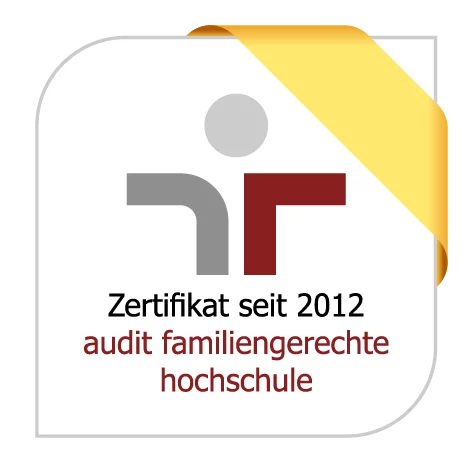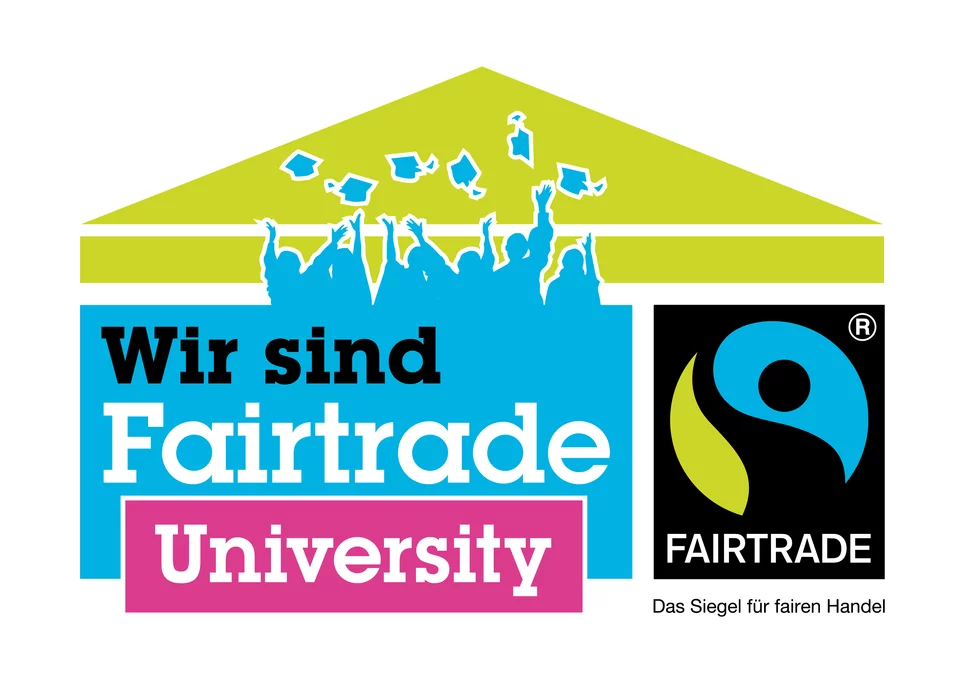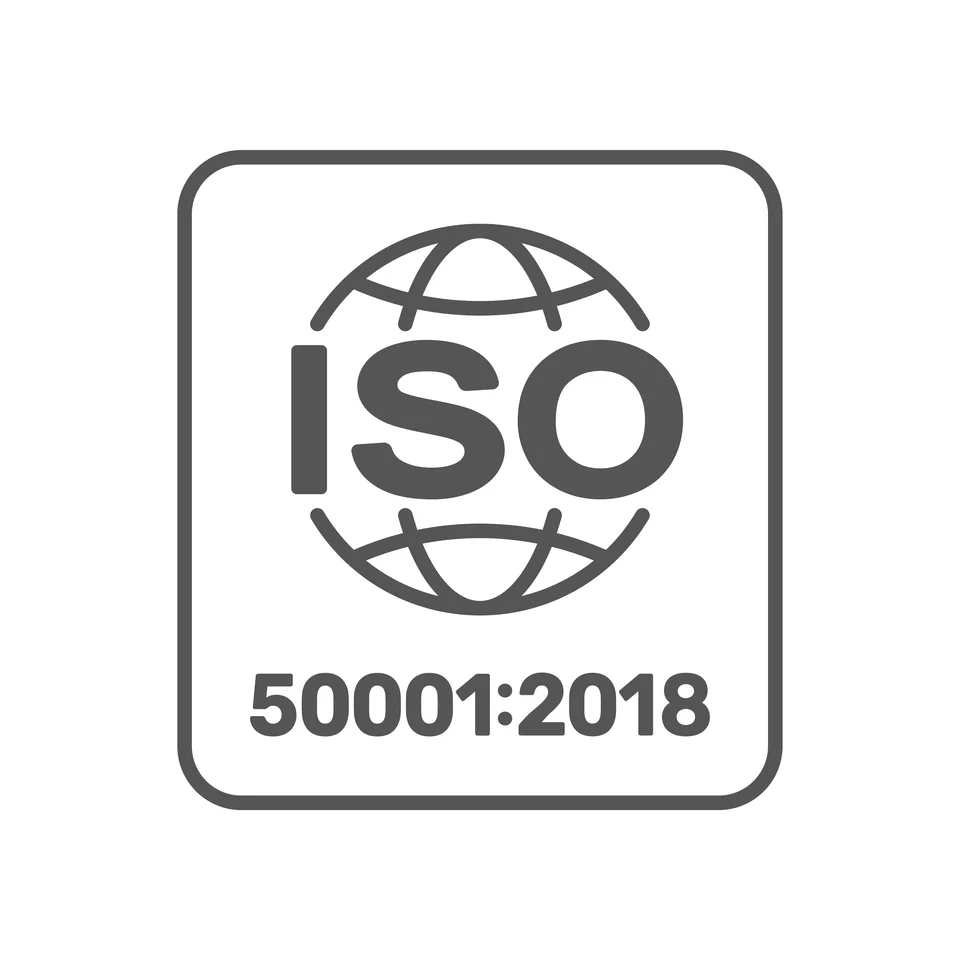
Prof. Dr.
Mario Schmidt
Ökologische Unternehmensführung
Contact
Room
W1.4.041
Colloquium
Nach Vereinbarung per E-Mail
Phone
(07231) 28-6406Mario Schmidt has been Professor of Environmental Management at Pforzheim University since 1999. He studied physics at the Universities of Freiburg and Heidelberg, and earned a doctoral degree in environmental material flow analysis at Leuphana University in Lueneburg. During his time in the position as head of division of Hamburg’s environmental protection agency and as a manager of IFEU Institute Heidelberg, he was working in the areas of pollution control, climate protection, environmental management and life cycle assessment.
At Pforzheim University, he built up a research group on energy and material flow analysis, which became the Institute for Industrial Ecology (INEC) in 2010. Between 2002 and 2013, he was an elected member of the senate and held the position of the Director of the Institute for Applied Research (IAF), which coordinates the research work of the entire university. He founded Pforzheim University’s Resource Efficiency Management Bachelor program and the Master’s program in Life Cycle & Sustainability. Currently, he directs cooperative PhD program together with Karlsruhe Institute of Technology (KIT).
Publication are listed here: Hochschule Pforzheim - Prof. Dr. Mario Schmidt (hs-pforzheim.de)
Mario Schmidt studies the material metabolism of industrial society — an important aspect of sustainability and industrial ecology. Methodically, he draws on quantitative energy and material flow analysis and life cycle assessment. He examines carbon footprints and material flow cost accounting (MFCA) and develops interconnections to mathematical optimization of operations research, to economic input-output analysis and to consumer research. His research group contains of up to ten members of staff supported by external funding, including several doctoral students.
Under his direction, the research group has carried out more than 20 third-party and collaborative projects with federal or state funding (FHProfunt, FONA, UBA, KMU Innovative, etc.), in part with partners from other universities and the private sector. He is a reviewer for various research programs in Germany and abroad and is regularly invited to attend international conferences.
For more than 20 years, Mario Schmidt has worked in the area of company resource efficiency — the economical use of raw materials in manufacturing companies — especially in the German state of Baden-Wuerttemberg. He helped plan major congresses for resource efficiency for Baden-Wuerttemberg in 2012 — 2014 and is responsible for implementing the program “100 Companies for Resource Efficiency”, an alliance between the main trade associations of Baden-Wuerttemberg and the state government.
Environmental Management , Resource Efficiency , Sustainable Development , Industrial Ecology , Operation Research , Life Cycle Assessment
Quantitative Methods , Resource Efficiency Management , , Nachhaltigkeit, Ressourceneffizienz, Operations Research
Journal article
RUDOLF, M., SCHMIDT, M. (2025). Efficiency, sufficiency and consistency in sustainable development: Reassessing strategies for reaching overarching goals. ECOLOGICAL ECONOMICS, 227 (1), 108426. doi:10.1016/j.ecolecon.2024.108426.
SCHMIDT, M., HEINRICH, J., HUENSCHE, I. (2024). Carbon Footprint of Additively Manufactured Precious Metals Products. Resources, 13 (11), 162. doi:10.3390/resources13110162.
SCHMIDT, M. (2024). Klimaneutralität — der richtige Weg oder nur Greenwashing? WISU Das Wirtschaftsstudium, 24 (5), 479-480.
FRITZ, B., PEREGOVICH, B., SILVA TENÓRIO, L., SILVA ALVES, A. C., SCHMIDT, M. (2023). Mercury and CO2 emissions from artisanal gold mining in Brazilian Amazon rainforest. nature sustainability, 7, pp. 15-22.
SCHMIDT, M. (2023). Carbon neutrality in the brewing industry as a concrete task. Brauwelt International, 41 (5), pp. 344-346.
FRITZ, B., HEIDAK, P., VASTERS, J., KUHN, T., FRANKEN, G., SCHMIDT, M. (2023). Life cycle impact on climate change caused by metal production from deep sea manganese nodules versus land-based deposits. RESOURCES CONSERVATION AND RECYCLING, 193, 106976. doi:10.1016/j.resconrec.2023.106976.
ISSAOUI, R., RÖSCH, C., WOIDASKY, J., SCHMIDT, M., VIERE, T. (2022). Cradle-to-gate life cycle assessment of beneficiated phosphate rock production in Tunisia. NachhaltigkeitsManagementForum | Sustainability Management Forum, 29, 107-118. doi:10.1007/s00550-021-00522-8.
SCHMIDT, M., NILL, M., SCHOLZ, J. (2022). Determining the Scope 3 Emissions of Companies. Chemical Engineering Technology, 45 (7), pp. 1218-1230.
SCHMIDT, M. (2022). Steigender Druck. return, 2022 (3), pp. 56-57.
SCHMIDT, M. (2022). Ecological Analysis of the State-of-the-Art Refinery of High Value Gold Scraps.. Erzmetall World of Metallurgy, 75 (2), pp. 84-93.
FRITZ, B., SCHMIDT, M. (2021). Der erstaunliche Klimafußabdruck von Recycling-Gold. NACHRICHTEN AUS DER CHEMIE, 69 (6), 30-32. doi:10.1002/nadc.20214105392.
SCHÄFER, P., SCHMIDT, M. (2021). Model-based analysis of the limits of recycling for its contribution to climate change mitigation. NachhaltigkeitsManagementForum | Sustainability Management Forum, 29 (2), 65-75. doi:10.1007/s00550-021-00515-7.
SCHMIDT, M. (2021). Klimaschutz, Ressourcenschonung und Circular Economy als Einheit denken / Thinking of climate protection, resources conservation and the circular economy as a unit. NachhaltigkeitsManagementForum | Sustainability Management Forum, 29 (2), 57-64. doi:10.1007/s00550-021-00521-9.
SCHMIDT, M., NILL, M., SCHOLZ, J. (2021). Die Bedeutung der Lieferkette für den Klimafußabdruck von Unternehmen. Chemie Ingenieur Technik, 93 (11), 1692-1706. doi:10.1002/cite.202100126.
SCHMIDT, M. (2021). The Resource-Energy Nexus as a Key Factor for the Circular Economy. Chemie Ingenieur Technik, 93 (11), 1707-1716. doi:10.1002/cite.202100111.
Chapter in Book
SCHMIDT, M. (2021). Gehen uns die Rohstoffe aus? Ressourceneffizienz und nachhaltige Industriegesellschaft. In Aurel Croissant (Ed.), Ressourcen Rohstoffe, Daten, Menschen … ( ed., pp. 111-124). Heidelberg: Heidelberg University Publishing.
REISCH, L., SCHMIDT, M. (2021). Nachhaltige Entwicklung. In Kenning, P., Oehler, A., Reisch, L. (Eds.), Verbraucherwissenschaften. Rahmenbedingungen, Forschungsfelder und Institutionen ( ed., pp. 71-91). Wiesbaden: Springer Gabler.
Contribution to Series of Ext. Research Institute
SCHEBEK, L., DOSCH, K., FAULSTICH, M., HAGELÜKEN, C., JAEGER, M., NUSS, P., SCHMIDT, M. (2024). Indikatoren im Themenfeld Ressourcenschonung und Circular Economy. Grundlagen und Anforderungen für die Entwicklung konsistenter Indikatorensysteme. Umweltbundesamt, Dessau-Roßlau, Germany.
HAGELÜKEN, C., SCHMIDT, M., SCHEBEK, L., LIEDTKE, C. (2023). Chancen und Grenzen des Recyclings im Kontext der Circular Economy. Rahmenbedingungen, Anforderungen und Handlungsempfehlungen. Umweltbundesamt, Dessau-Roßlau, Germany.
Study
SCHMIDT, M., SCHOLZ, J., SEVERITH, M., NILL, M. (2020). Analyse des Einsatzes von Metallrohstoffen für Baden-Württemberg. Germany.
Editor (Book, Proceeding)
ANSTÄTT, K., BERTAGNOLLI, F., SCHMIDT, M. (2022). Nachhaltigkeit und Ressourceneffizienz. Sechs Planspiele für die betriebliche Weiterbildung. Wiesbaden: Springer Gabler.
Member of a working committee
2024 - 2026
Vorsitzender des Fachausschusses Ressourceneffizienz
Verein Deutscher Ingenieure, VDI-Gesellschaft Energie und Umwelt (GEU) Germany
2021 - 2023
Stellv. Vorsitzender des Fachausschusses Ressourceneffizienz
Verein Deutscher Ingenieure, VDI-Gesellschaft Energie und Umwelt (GEU) Germany
Member of the editorial board of a journal
since 2018
Editorial Board Member Sustainability Management Forum
Germany
since 2016
Editorial Board Member "Resources" (ISSN: 2079-9276)
Switzerland
Expert Assessement/Evaluation
since
Jury-Mitglied im RETECH-Förderprogramm BW
Germany



